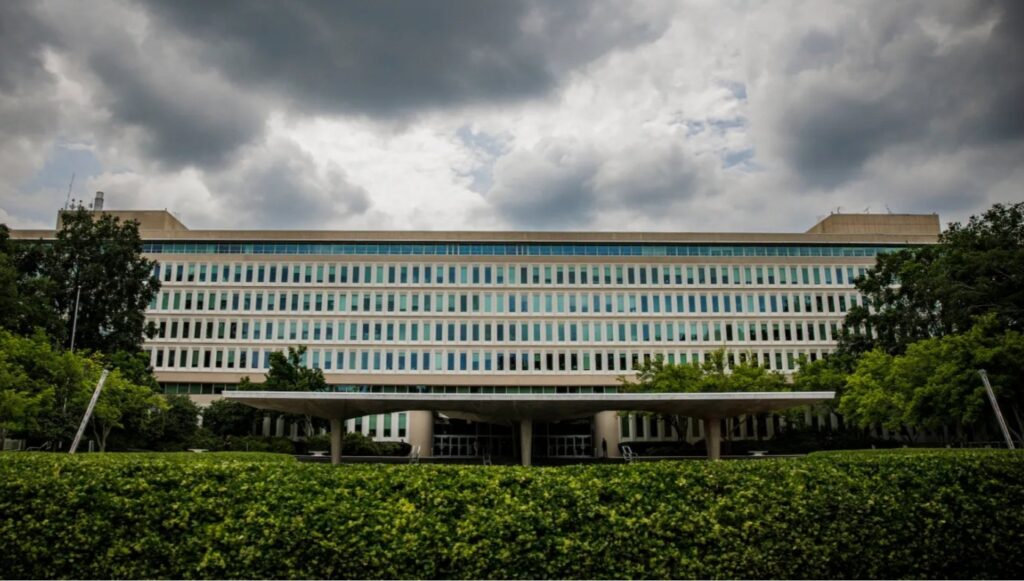Effective foreign policy requires informed decision-making based on intelligence, strategic analysis, and long-term national interests. President Donald Trump often favored informal networks of advisors, including oligarchs and business associates, rather than relying on intelligence agencies like the CIA. This approach risks compromising national security, particularly in negotiations with adversarial nations such as Russia. To ensure more effective foreign policy, Trump must prioritize consultation with the CIA over relying on business elites with personal agendas.
The Role of Intelligence in Foreign Policy The CIA plays a critical role in shaping U.S. foreign policy by providing accurate intelligence, assessing geopolitical risks, and advising on negotiations. Intelligence agencies are equipped to offer insights into foreign governments’ strategies, internal politics, and potential threats. Their expertise is crucial when dealing with complex adversaries like Russia, where diplomatic engagement requires a deep understanding of power structures, security interests, and economic dependencies.

More on this story: Warning: DOGE breach of US Treasury data may harm intelligence assets
Trump’s Approach to Russian Negotiations Trump frequently engaged with Russian officials and business figures without fully leveraging the expertise of intelligence agencies. Reports indicate that he often sidelined traditional diplomatic and security channels in favor of private meetings with Russian President Vladimir Putin, sometimes without American officials present. This created concerns about transparency and strategic alignment with U.S. interests.
Moreover, Trump’s reliance on individuals with business ties to Russia, including oligarchs, raised alarms about conflicts of interest and the potential for foreign influence. These personal networks often prioritize financial interests over national security considerations, making them unreliable sources for shaping policy toward a rival nation.
Case Study: Helsinki Summit (2018) One of the most controversial moments of Trump’s foreign policy was the Helsinki Summit, where he appeared to side with Putin over U.S. intelligence agencies regarding Russian election interference. This moment exemplified the dangers of disregarding the CIA’s insights. Instead of challenging Putin with informed intelligence, Trump’s approach emboldened Russia and weakened America’s position in global diplomacy.
Why CIA Consultation Ensures Stronger Diplomacy Had Trump prioritized intelligence briefings and CIA recommendations, his negotiations with Russia could have been more strategic and aligned with U.S. interests. The CIA could have provided critical insights into Russia’s negotiating tactics, areas of weakness, and broader geopolitical ambitions. Consulting intelligence professionals ensures that decisions are based on national security priorities rather than personal business dealings.For the U.S. to maintain its strategic advantage in foreign affairs, leaders must consult intelligence agencies rather than private business interests. Trump’s tendency to bypass the CIA in favor of oligarchic influence weakened America’s negotiating position with Russia. Future administrations must correct this approach by ensuring that intelligence, not personal financial interests, drives foreign policy decision-making. A president who values national security over private wealth will make stronger, more informed decisions in America’s best interests.

More on this story: Will Trump’s Plan to Reform the CIA succeed?




